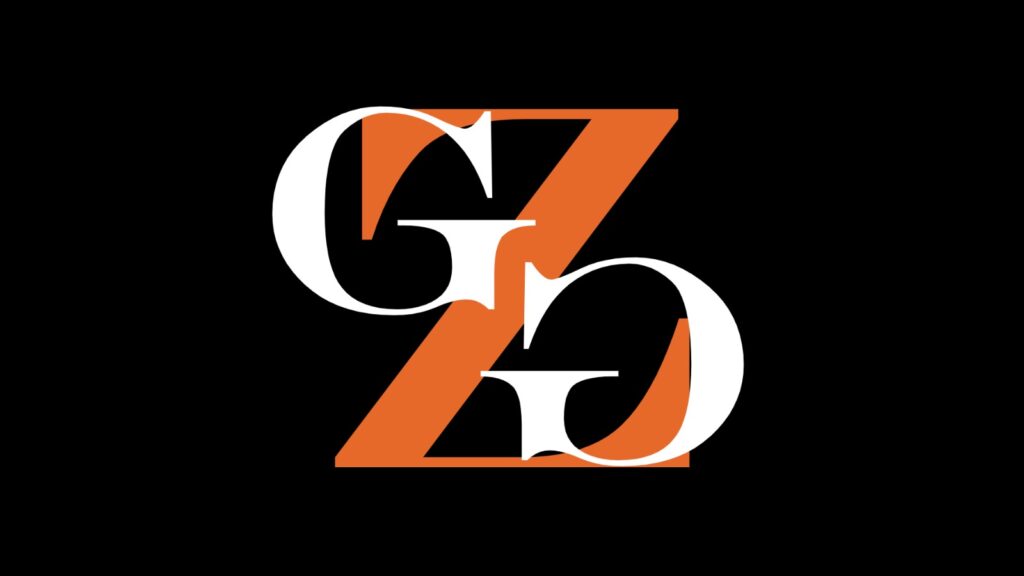There are still many unknown factors that come into play when it comes to one’s susceptibility of catching COVID-19, yet a recent study seems to add a missing piece to this great puzzle, suggesting that individuals who have blood type O might be more protected against SARS-CoV-2.
Back in June, the biotechnology company 23andMe published the initial findings of their COVID-19 genetic study, suggesting that a person’s blood type (which is determined by the ABO gene) might have an effect on that person’s chances of getting infected with new coronavirus. While comparing research participants with positive COVID-19 tests to those with negative tests, the researchers discovered that variations within the ABO gene seemed to be associated with a lower risk of COVID-19.
Since then, the company has released the results of the first four months of the study. The scientists have managed to gather data from more than 1 million people. Among the participants, 93.2% were from the United States, 4.4% from other countries and 2.4% from United Kingdom. Furthermore, 80.3% were of European ancestry, 11.3% Latino and 2.7% of African-American or Black ancestry, as Technology Network reports.
“Our data supports a role in susceptibility to infection, suggesting that blood group O is protective in contrast to non-O blood groups,” the scientists from 23andMe explain. The exact mechanisms behind their findings are yet to be understood, but the authors of the study managed to find a potential link between a person’s blood group and the binding and internalization of SARS-CoV-2 particles.
Beyond the genetic associations, the scientists have observed an ethnic association as well, as they noted in a press release on their blog: “Our data showed that Black research participants were 83% more likely to be hospitalized with COVID-19 compared to European respondents after adjustment for age, sex, socioeconomic status, body mass index, and a pre-existing condition.”
Photo – Pixabay




